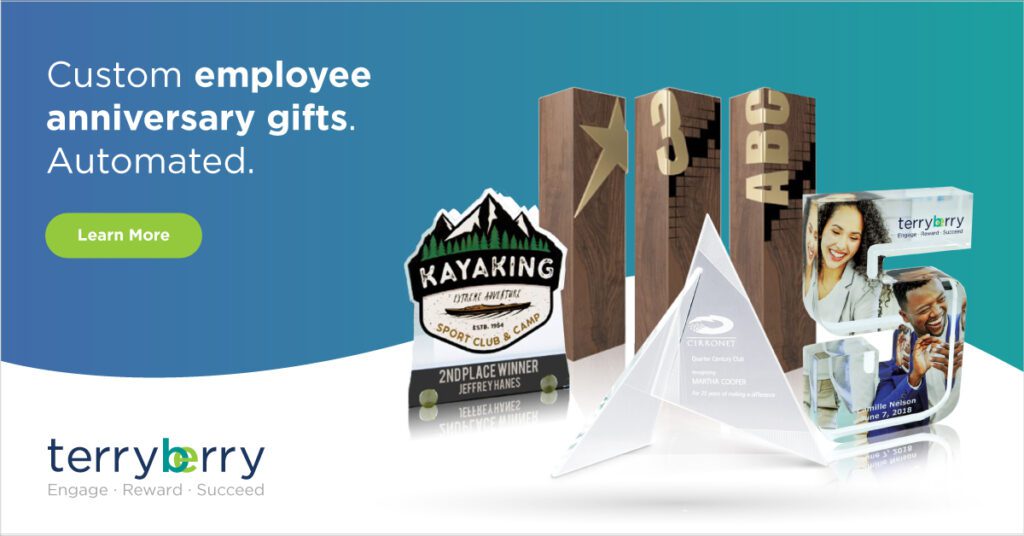August 12, 2022


There are a number of different types of surveys that organizations will release once they’ve implemented their employee engagement programs and strategies. Each type of survey serves a different purpose, and many are only rolled out during big organizational events (like an acquisition, merger, or employee exit).
Many surveys also offer more privacy than others. Some types may actually ask for employee information to be shared, while certain private surveys could conceal identity entirely. In today’s blog post we want to explore the differences between two common sets of options—the confidential vs. anonymous survey.
Like we mentioned with other surveys that we referenced, choosing between a confidential or anonymous survey will depend on your goals, survey needs, and what data you’re looking to get. Confidential and anonymous surveys both serve important purposes in different situations, but choosing which one to use and when will take some thought and consideration.
Confidential vs. anonymous surveys at a quick glance
A confidential survey is one where employee information is not completely anonymous or private. The responses that are collected through a confidential survey can still be tied back to personal information or other internal HR record logs. Organizations do usually keep confidential survey info private, but it can be accessed by HR personnel that have the right internal permissions.
An anonymous survey on the other hand is totally private. The responses collected in these types of surveys can’t be traced back to any information that can identify a particular employee. Even HR personnel with access to internal logs won’t have any way of connecting answers to employees, and details like team or job role will also stay private.
Always be honest about the type of survey method you’re using
Whether you’re still debating between confidential vs. anonymous surveys for your upcoming engagement campaigns or not, remember that what’s most important is honesty with your workers about what survey type you’re using. Transparency is an important part of every type of employee survey, and employees will be most likely to trust you and answer honestly if they have insight into methodology, tracking methods, and what will happen with their responses.
Workers especially want to be certain that responses can’t be used to punish them or discriminate against them in the organization. These sentiments are even more true if the surveys you’re launching deal with sensitive questions around managers, peers, leadership, company culture, or other categories that could lead to very honest and difficult feedback.
If workers are ever burned by learning that a survey collected data and identifiable information that they didn’t know was being collected, you’ll have a hard time regaining their trust again. Even if your intentions weren’t nefarious and there was just an oversight with reporting methods, improper messaging around survey tracking can have long-term repercussions. Those repercussions can affect the future success of surveying, as well as the success of your culture and employee engagement efforts.
What are the reasons for using confidential or anonymous surveys?
When you’re debating confidential vs. anonymous surveys, you’ll realize that there are pros and cons for each. Other than the main difference that we mentioned about employee information being totally hidden with anonymous surveying, here are some other key differences to know about.
Reasons to use confidential surveys
- Since you’ll have info about job role, team, etc., you’ll be able to compare different funnels within your organization.
- Managers could get feedback about their team directly so that they can address and react to survey responses.
- The actions you take after surveying can be better targeted toward impacted groups.
- You’ll be able to better track results if you know how changes made after surveying impact specific teams or job roles.
Reasons to use anonymous surveys
- Employees may be more honest and willing to share feedback that they wouldn’t share otherwise.
- You can ask difficult questions or ones that revolve around sensitive issues if necessary.
- If managers, peers, or leaders don’t have insight into how teams or certain job roles answered, there may be less pressure to answer in ways that appeal to other people.
- This survey type is often popular with workers, so it can help build and maintain trust with them.
When looking at the cons for confidential vs. anonymous surveys, they really come down to being the exact opposite of most of the reasons we’ve listed above. Anything that you gain with an anonymous survey, you’ll miss out by using confidential (and vice versa). The time and place for each survey style truly depends on your goals and desired outcomes for any given survey. It’s possible that you’ll use the two types at different times throughout the year, or realize that your organization has a preference for one over the other.
Want some help as you debate confidential vs. anonymous surveys?
Whether you want guidance deciding between confidential vs. anonymous surveys or you need an assist to rethink your approach to engagement and surveying entirely, Workify is here to help. Our engagement specialists can help you see what questions will resonate with workers, and they’ll be able to utilize the latest in our surveying methodology to do it.
All of our surveys are also connected to our Engagement Intelligence Platform, giving you the latest in employee listening and making it almost feel like you have an in-house analytics team. Our programs and surveys are also backed by I/O psychologists and our team of specialists will help you navigate the Engagement Intelligence Platform so that you understand all of your data and know what to do with it. Connect with us today to learn more and get started.

